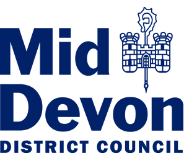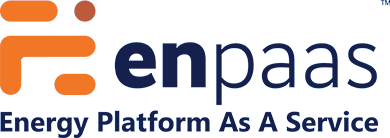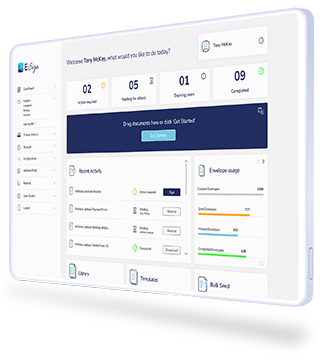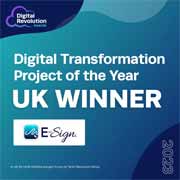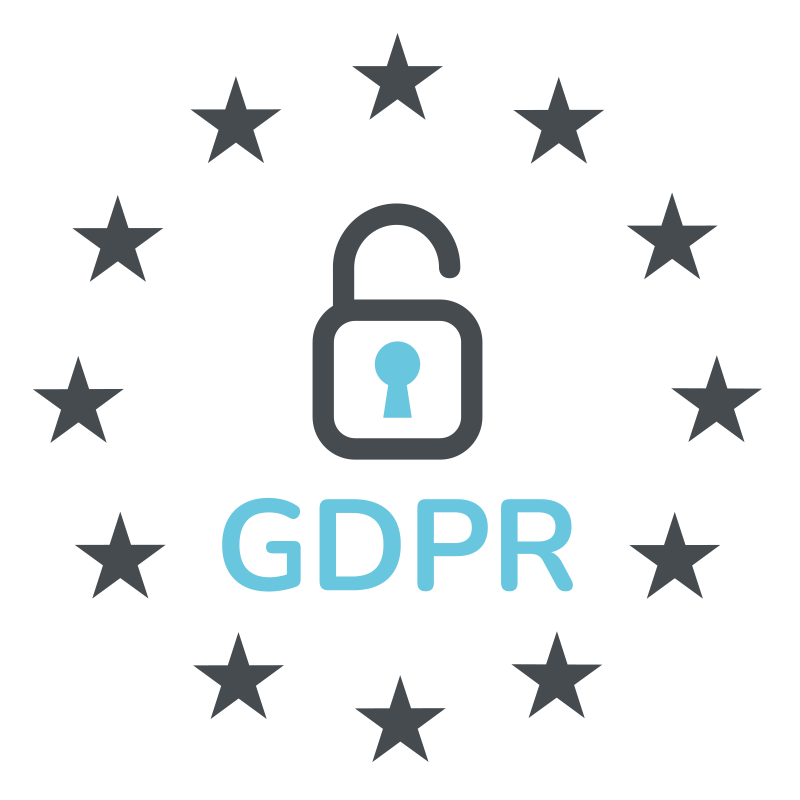The Legality of eSignatures in South Africa
Explore the legality of electronic signatures in South Africa and the laws and regulations that govern their use.

Trusted By
Are eSignatures Legally Binding in South Africa?
Documents that can be signed electronically
Typically in South Africa, there are no specific formalities required for an enforceable contract, and most do not need to be in a written form or signed. Therefore, an electronic signature can be used in most transactions when:
- A method is used to identify the sender and confirm the sender’s approval of the information in the document, or
- The method used was reliable and suitable for the purpose for which the communication was intended
An electronic signature may not be used where it’s used for a specific transaction is restricted by law, a specific law requires an advanced electronic signature (AES) to be used, or the parties to the transaction agree on another method of signature.
Where a signature is legally required, but the law doesn’t specify the type of signature, the applicable document may be completed electronically only if an AES is used. For example, this will apply to the following documents:
- Documents to be notarised
- Contracts of Suretyship
- Certified documents existing in paper or other physical form
- Assignment of copyright and exclusive license
- Where a seal is required
Documents that may not be electronically signed
There are certain contracts in South Africa that cannot be signed using an electronic signature. These include:
- Contracts for the alienation of immovable property
- Contracts for the long-term lease of immovable property
- The execution, retention, and presentation of a will or codicil
- The execution of a bill of exchange
These types of agreements are exempt from being executed through electronic signatures, often due to specific legal formalities or requirements.
Types of e-signature permitted in South Africa
The Electronic Communications and Transactions Act (ECTA) of South Africa outlines two distinct categories of electronic signatures: Electronic Signatures (ES) and Advanced Electronic Signatures (AES).
Electronic Signature (ES):
An electronic signature refers to data that is linked to or associated with other data and is intended by the individual to serve as a signature. This type of signature is commonly seen when someone types their name at the end of an email or clicks an “I agree” checkbox on a webpage.
Advanced Electronic Signature (AES):
An AES is a more secure form of electronic signature that is generated through a process recognised by the South African Accreditation Authority (SAAA). The SAAA grants accreditation only after confirming that the signature meets the following criteria:
- It can uniquely identify the signer
- It is closely tied to the signer
- It involves a face-to-face verification of the signer’s identity
- It is created and securely controlled by the signer
- It can detect any modifications made to the document after it has been signed
This distinction between ES and AES ensures that AES offers a higher level of security, making it a more dependable method for verifying the identity of the signer and maintaining the integrity of the signed document.
Notable legality changes since 2020
None.
Publicly Accessible Links to Laws/Regulations Discussed
Disclaimer
The content provided on this website is meant for general informational use only and does not constitute legal advice. Legal regulations on this topic can evolve rapidly, so E-Sign does not ensure that the information presented here is always up-to-date or accurate. If you have particular legal concerns regarding any details on this site, it is recommended that you consult with a licensed attorney in your jurisdiction.
Last Updated 9th October 2024







